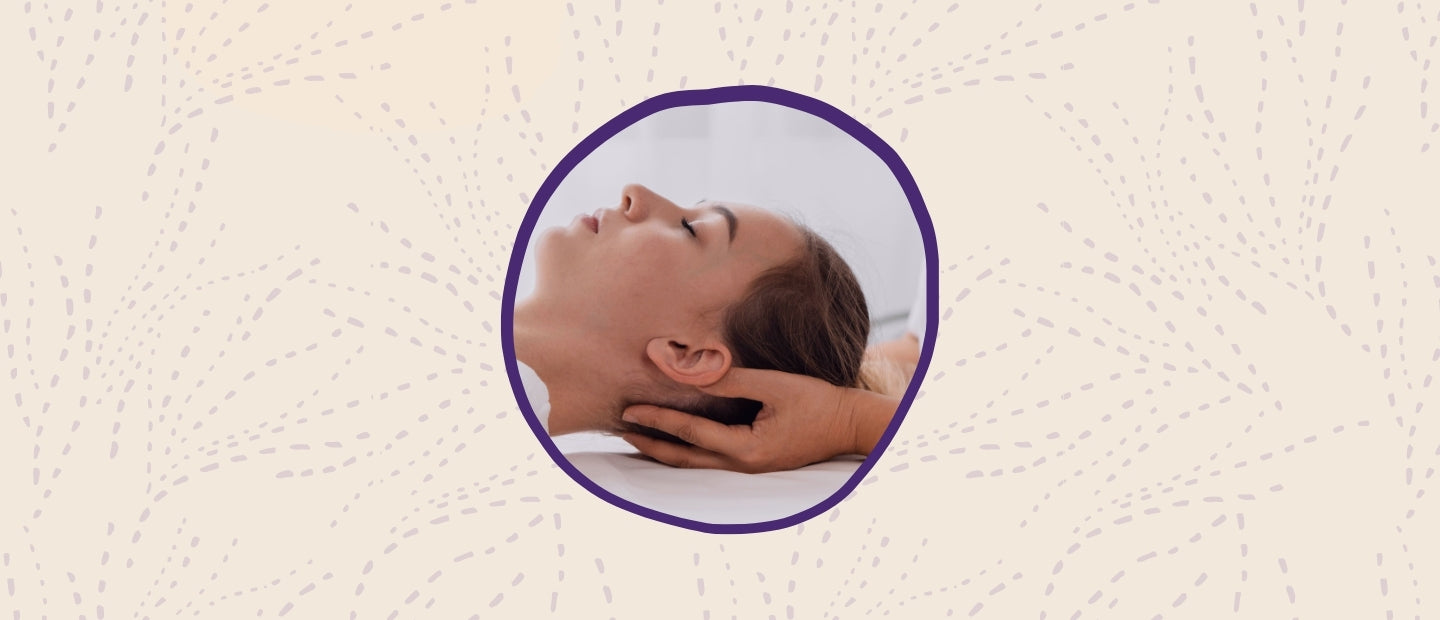The benefits of osteopathy are numerous: treatment of muscle and joint stiffness, postural balance, pain reduction, improved digestion, etc. And it’s less well known, but osteopathy can also be an excellent cure for insomnia!
Insomnia is the most common sleep disorder. In Canada, it is estimated that 10% of adults suffer from chronic insomnia (over a period of more than a month) and 20% to 25% suffer from occasional insomnia.
Insomnia is defined as the difficulty in finding or maintaining sleep, or the difficulty in going back to sleep after waking up too early. These disorders can occur independently of each other or in combination.
In osteopathy, the improvement of the condition of patients depends largely on their ability to self-heal… and this ability depends essentially on the quality of sleep. This explains why it is crucial to treat insomnia. The better the sleep, the better the results of the osteopathic treatment.
But to find the right cure for insomnia, and to understand how osteopathy can help us sleep better, it is above all to understand what causes our insomnia.
What Is the Cause of My Insomnia?

The causes of insomnia are many, and very common. Most often, they are easy to identify. The causes of insomnia can be divided into four main families:
- Environmental nuisances,
- Bad lifestyle habits,
- Biological clock disturbances,
- And pathological conditions.
Environmental Nuisances
Those can be related to any disturbing element of our sleeping space. In other words, the presence of noise or light, as well as the quality of the pillows and mattress. But it could also be the room temperature that is too hot or too cold.
So, curing insomnia starts with small, simple adjustments to our sleeping environment. It is often the next step that requires more effort.
Bad Lifestyle Habits
There are a number of stimulant substances that promote insomnia, the best known of which is caffeine, of course, but nicotine and alcohol also do have an impact. Without surprises, the consumption of these toxic products is to be avoided if one wishes to cure their insomnia.
Bad habits include watching screens before bedtime, or lack of physical activity during the day. On the other hand, physical activity before bedtime stimulates (like screens) our “wake up mode”, and thus leads to insomnia.
Biological Clock Disturbances
Our internal biological clock regulates all the biochemical and physiological activities of our body, such as the production of hormones or digestive juices, for example. The production of melatonin, the sleep hormone, is one of them.
This internal clock is based among other things on the regularity of our needs to ensure that sleep comes properly. Changes in our habits such as the usual meal schedules (work, breaks, etc.) or time shifts due to air travel disrupt its operation and can cause insomnia.
There are treatments based on melatonin, but the remedy for insomnia would be first and foremost to restore a physiological rhythm, otherwise, the pills will have few effects.
Pathological Conditions
Finally, five types of pathological conditions, of different natures, can also be the cause of insomnia:
- Psychological disorders such as stress, anxiety, or depression.
- Certain pathologies such as gastroesophageal reflux, arthritis, enlarged prostate, stroke, or degenerative diseases such as Parkinson’s or Alzheimer’s.
- Some medications include decongestants, stimulants, or antidepressants.
- All musculoskeletal disorders, which often hinder sleep despite their relatively benign character.
Other sleep disorders such as sleep apnea or restless legs.
What Cure for Insomnia?

In osteopathy, insomnia is a dysfunction that needs to be corrected in order to regain a total physiological balance of the body. This correction does not come directly from the hand of the osteopath; the objective of osteopathic treatment is to help the body to regain its balance, especially by ridding it of possible musculoskeletal disorders.
In the treatment of sleep disorders in osteopathy, body relaxation is also accompanied by a decrease in stress or anxiety.
But the return to overall physiological balance is only possible with a global approach, and the benefits of osteopathy are not the panacea in the face of insomnia. To sleep well, osteopathy is therefore an aid that is almost always accompanied by adjustments of habits, rhythms, and/or environments.










